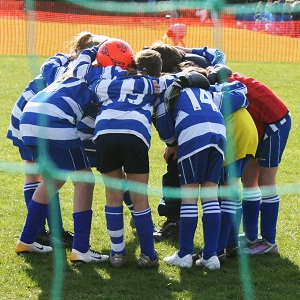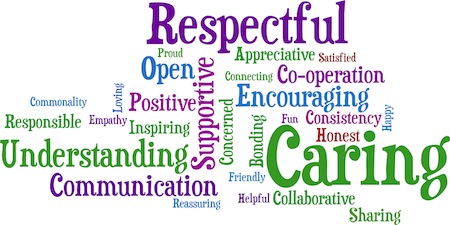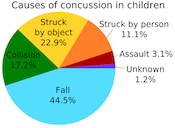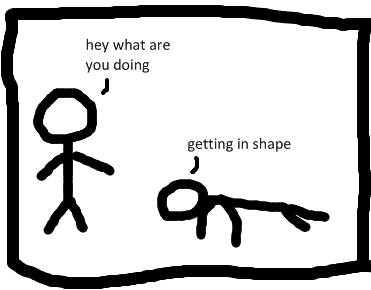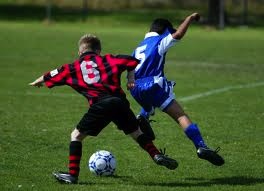In 2012, Headstrong and the UCD School of Psychology conducted the My World Survey, a National Study of Youth Mental Health. The survey showed how different elements and experiences of a young person are related to their mental health. 14,500 young people participated in the study and the main findings suggested that mental health difficulties emerged in early adolescence and peaked in the late teens and early 20’s.
The major finding was that ONE GOOD ADULT is important in the mental well being of young people. having one good adult present in a child life, has the following impact:
- One caring adult in a young person’s life can buffer against stress and lead to positive psychological functioning.
- One good adult instills higher levels of optimism and increased self esteem (self esteem plays a major protective role for mental health).
- The presence of one good adult enhances the ability to cope and increases likelihood of active coping (talking etc) as opposed to destructive coping (alcohol misuse).
- Low levels of support from one good adult correlate to low levels of life satisfaction.
- Low levels of support from one good adult correlate to significantly higher levels of depression and anxiety.
Building Positive Clubs
Donegal Sports Partnership @ActiveDonegal have used this information and designed a programme/toolkit to create a positive environment throughout youth sports. The aim of the initiative is to create a culture of positivity within sporting clubs and communities. It’s about promoting positive mental wellbeing through sport by developing an ethos of respect within the clubs. The Charter encourages clubs to understand the importance of effort rather that the win at all costs attitude – promoting inclusion, communication and most importantly enjoyment when partaking in sport at any level.
Finn Harps and Donegal Sports Partnership piloted the “Building Positive Clubs” in 2014, The programme aligns with the Charter for Positive Mental Well-being which was developed in 2014 by Donegal Sports Partnership. Read about it here
Not all athletes will reach an elite level in the game. In fact less than 1% will.
Be Patient
Be Realistic
Allow them to reach their full potential not yours.
– End
I always like to hear your opinions and views. If you feel you have something to say, please comment below or email me info@thecoachdiary.com If, you don’t have anything to add then please forward this on to a friend. As always, thanks for reading.
I’m also on twitter @Coachdiary
Reference:
- Headstrong & UCD School of Psychology – My World Survey
- Donegal Sports Partnership – Building Positive Clubs Resources

